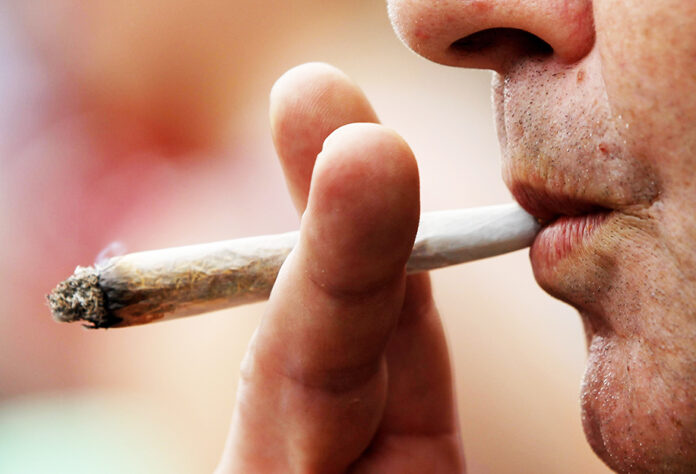Marijuana, weed, pot, dope, grass. They’re different names for the same drug that comes from the cannabis plant. You can smoke it, vape it, drink it, or eat it. Many people use marijuana for pleasure and to relax. But a growing number of doctors prescribe it for specific medical conditions and symptoms.
Marijuana has mind-altering compounds that affect both your brain and body. It can be addictive, and it may harm some people’s health. Here’s what can happen when you use marijuana:
You Can Get ‘High’
It’s why most people try marijuana. The main psychoactive ingredient, THC, stimulates the part of your brain that responds to pleasure, like food and sex. That unleashes a chemical called dopamine, which gives you a euphoric, relaxed feeling.
If you vape or smoke weed, the THC could get into your bloodstream quickly enough for you to get your high in seconds or minutes. The THC level usually peaks in about 30 minutes, and its effects may wear off in 1-3 hours. If you drink or eat pot, it may take many hours for you to fully sober up. You may not always know how potent your recreational marijuana might be. That also goes for most medical marijuana.
It May Affect Your Mental Health
Not everyone’s experience with marijuana is pleasant. It often can leave you anxious, afraid, panicked, or paranoid. Using marijuana may raise your chances of clinical depression or worsen the symptoms of any mental disorders you already have. Scientists aren’t yet sure exactly why.
In high doses, it can cause psychosis, which makes you paranoid or causes you to lose understanding of what’s real and what’s not, so you hear or see things that aren’t there and can have long-lasting odd thoughts. Psychosis lessens as your high comes down.
Increased risk of schizophrenia
Psychosis is a symptom of a serious medical condition called schizophrenia. Schizophrenia also affects the way you understand what’s real, but it includes other symptoms like trouble with speech and not being able to focus and show emotions. Also, schizophrenia, unlike psychosis, is long-term.
Recent research suggests that if you start to use marijuana at a young age, use it frequently, and for a long period of time, you could be at risk of having schizophrenia or other mental conditions that involve psychosis. This risk could be higher in young men or people assigned male at birth, especially those 16 to 25 years of age.
Studies also note that if you’re at risk of a mental condition, you may be more likely to smoke marijuana at an earlier age, maybe as a way to medicate yourself.
Once you have schizophrenia, stopping marijuana use won’t make the condition or its symptoms go away.
If you think you’re addicted to marijuana, getting an early diagnosis can help with treatment and prevent the risk of chronic conditions like schizophrenia.
Your Thinking May Get Distorted
Marijuana can cloud your senses and judgment. The effects can differ, depending on things like how potent your marijuana was, how you took it, and how much marijuana you’ve used in the past. It might:
- Make your senses stronger (colors might seem brighter and sounds might seem louder)
- Twist your sense of time
- Hurt your motor skills, or skills that involve our muscles completing certain actions, and make driving more dangerous
- Lower your inhibitions so you may have unsafe sex or take other chances
You May Get Hooked
About 1 in 10 people who use marijuana will become addicted, or have cannabis use disorder. This means you can’t stop using it even if it harms your relationships, school, job, health, or finances. The CDC states that you have a 10% risk of a cannabis use disorder if you use marijuana.
Like the possible risk of chronic conditions like schizophrenia, the chances of cannabis use disorder are greater the younger you start marijuana and the more heavily you use it. For instance, the odds of addiction are 1 in 6 if you use marijuana in your teens. It might be as high as 1 in 2 among those who use it every day.
You might have cannabis use disorder if you:
- Crave weed
- Try to quit cannabis but fail
- Spend a lot of your time using cannabis
- Use more marijuana than you had planned to
- Miss out on time with family or friends to use pot
- Still use marijuana even though it causes you physical or mental problems
- Use pot while you drive or during other high-risk activities
- Need more weed to get the same high
- Have issues with learning, attention, or memory
You could also grow physically dependent on marijuana. Your body could go into withdrawal, leaving you cranky, restless, unable to sleep, and uninterested in eating when you don’t use it.
Source: webmd.com










